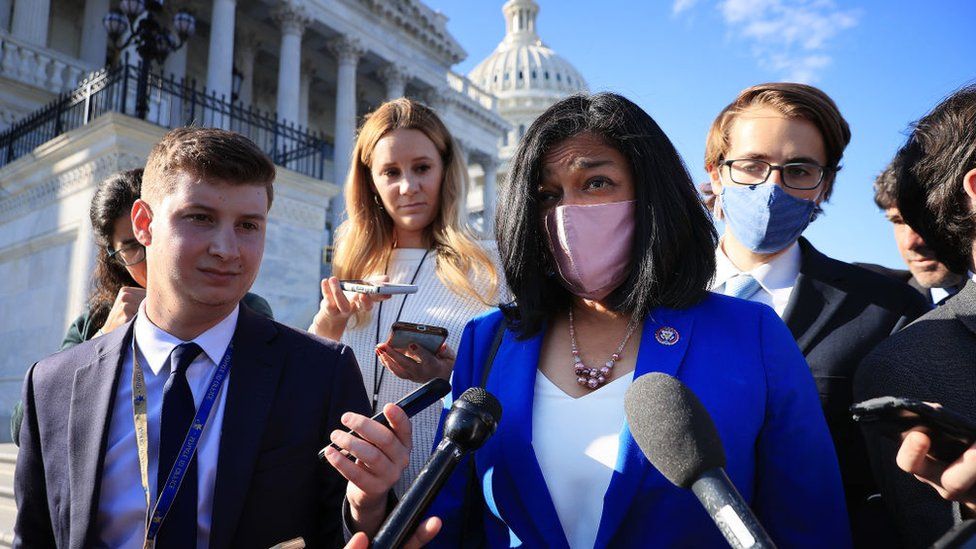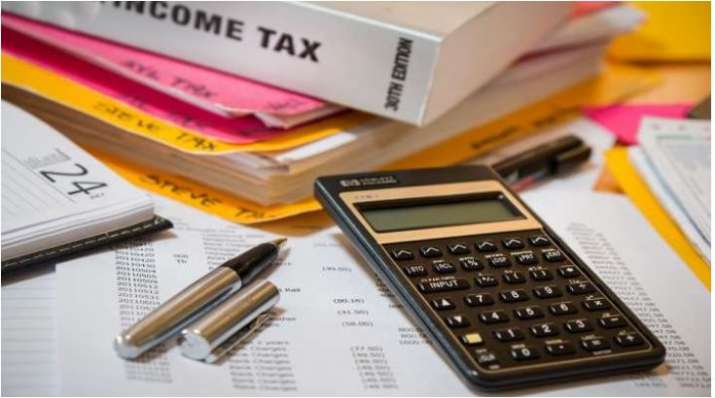Coronavirus: EU confirms new vaccine export controls

The European Union has confirmed it is introducing export controls on coronavirus vaccines made in the bloc, amid a row about delivery shortfalls.
The so-called transparency mechanism gives EU countries powers to deny authorisation for vaccine exports if the company making them hasn't honoured existing contracts with the EU.
"The protection and safety of our citizens is a priority and the challenges we now face left us with no choice but to act," the European Commission said.
The controls will affect some 100 countries worldwide - including the UK, the US, Canada and Australia - but many others, including poorer nations, are exempt.
The EU insists its controls are a temporary scheme, not an export ban. But the World Health Organization is among those criticising the move, saying it could have a knock-on effect around the world.
Why is this happening now?
The news comes with the EU in a very public dispute with drug-maker AstraZeneca over supplies, and under growing pressure over the slow pace of vaccine distribution.
Earlier on Friday the Commission made public a confidential contract with AstraZeneca, the UK-Swedish company behind the Oxford vaccine, to bolster its argument that the firm has been failing to fulfil its promises to deliver to the bloc.
Under the new rule, vaccine firms will have to seek permission before supplying doses beyond the EU. Its 27 member states will be able to vet those export applications.
Vaccines produced by Pfizer in Belgium are currently being exported to the UK, and the EU insists that some of the AstraZeneca vaccine produced in England is destined under contract for EU citizens.
The EU is also in a supply dispute with Pfizer, which is set to fall short of the contracted vaccine volume for the EU by the end of March. Pfizer says the reason for that is the urgent expansion of its facility in Puurs, Belgium.
AstraZeneca's shortfall to the EU is expected to be about 60% in the first quarter of 2021.
As the export controls were announced, the EU medicines regulator, the EMA, gave authorisation for the AstraZeneca vaccine to be used in over-18s.
Who is exempt from the export controls?
The EU is allowing some 92 exemptions from the export control regime, including: vaccine donations to Covax, the global scheme to help poorer countries; and exports to Switzerland, countries in the western Balkans, Norway and North Africa. Other Mediterranean countries such as Lebanon and Israel are also exempt.









Comments